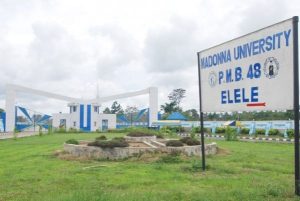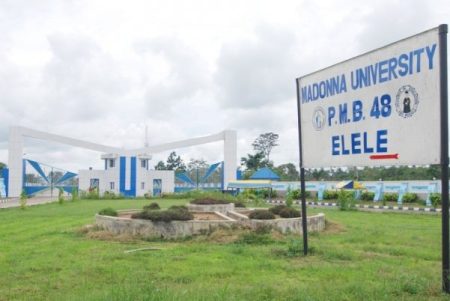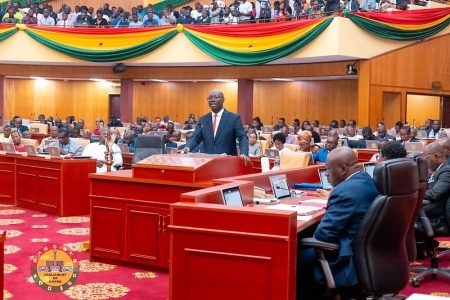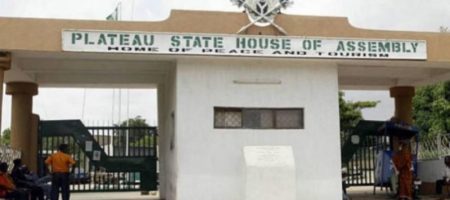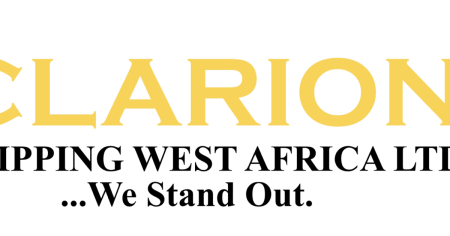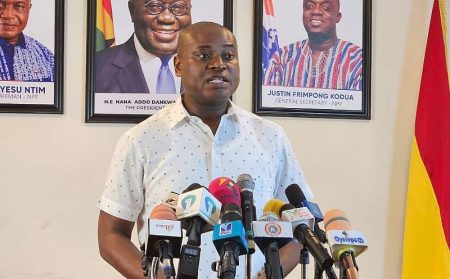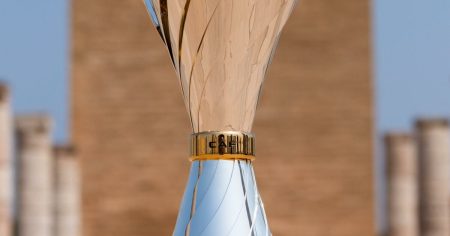The political landscape in Nigeria is bracing for another showdown as the 2027 general elections draw closer. The recent formation of the African Democratic Congress (ADC) as a platform for a coalition of opposition figures and disgruntled members of the ruling All Progressives Congress (APC) has set the stage for a potentially fierce contest. The Tinubu Media Force (TMF), a support group for President Bola Tinubu, has dismissed the ADC as a desperate attempt by politically displaced individuals seeking relevance and a return to power. This sets the tone for the upcoming political discourse, framing the opposition’s move as a power grab rather than a genuine attempt to address the needs of Nigerians.
The TMF argues that the ADC is not a genuine “third force” but merely a rehashing of old political rivalries and ambitions. They point to the coalition’s composition, which includes former members of the People’s Democratic Party (PDP) and APC members who held influential positions during the Buhari administration. The TMF claims these individuals lost their positions of power under Tinubu’s leadership and are now seeking to regain their influence through the ADC. This narrative attempts to paint the opposition as self-serving and motivated by personal gain rather than a desire to serve the nation.
The TMF further alleges that the choice of the name “ADC,” phonetically similar to “APC,” is a deliberate attempt to mislead voters. They dismiss the opposition’s strategy as a shallow ploy that will not resonate with a more politically aware electorate. This reinforces the TMF’s portrayal of the opposition as lacking in substance and resorting to deceptive tactics. By highlighting the alleged similarities in the names, the TMF aims to discredit the ADC and minimize its potential impact on the electorate.
In contrast to the opposition’s purportedly self-serving motives, the TMF emphasizes President Tinubu’s focus on governance and policy-driven leadership. They highlight the administration’s efforts in economic stabilization and structural reforms, portraying Tinubu as a leader committed to accountability, innovation, and national recovery. This narrative seeks to establish a clear distinction between Tinubu’s leadership and the perceived self-interest of the opposition coalition. By focusing on Tinubu’s achievements, the TMF hopes to bolster his image and solidify support for his administration.
The TMF’s rhetoric underscores the deep divisions within the Nigerian political landscape. They portray the opposition as a collection of disgruntled individuals clinging to past power and influence, contrasting them with Tinubu’s forward-looking vision for the nation. This dichotomy serves to frame the upcoming election as a choice between stagnation and progress, with Tinubu positioned as the champion of the latter. The TMF’s strategy aims to rally support for Tinubu while simultaneously marginalizing the opposition and minimizing their influence.
The stage is set for a potentially tumultuous political contest in the lead-up to the 2027 elections. The TMF’s preemptive dismissal of the opposition coalition and their platform, the ADC, signals an aggressive campaign strategy aimed at discrediting the opposition and solidifying support for President Tinubu. The coming months will undoubtedly witness a flurry of political maneuvering as both sides attempt to sway public opinion and secure victory at the polls. The TMF’s initial salvo indicates that the battle for the hearts and minds of Nigerian voters will be fiercely contested.


